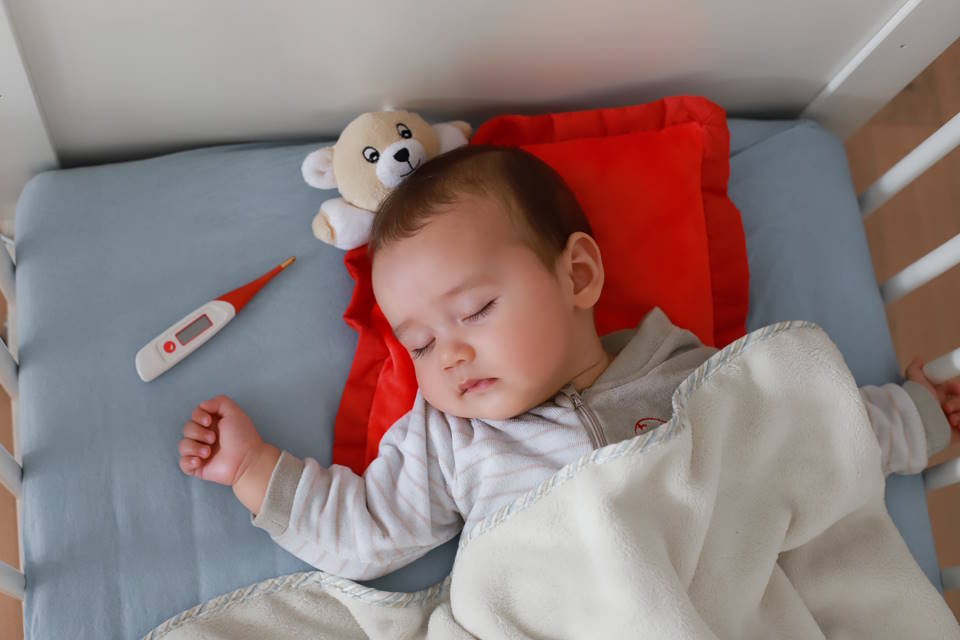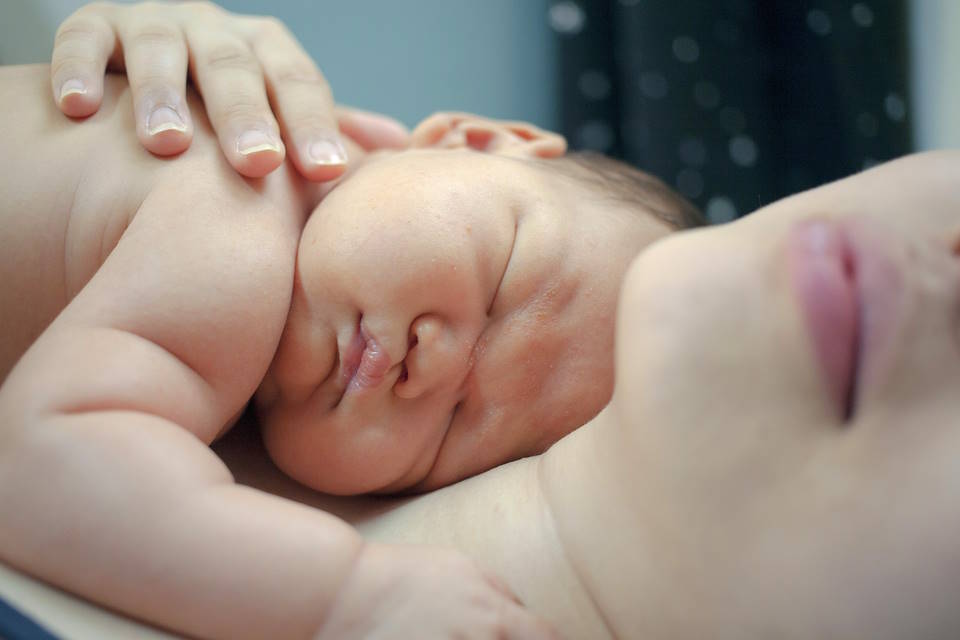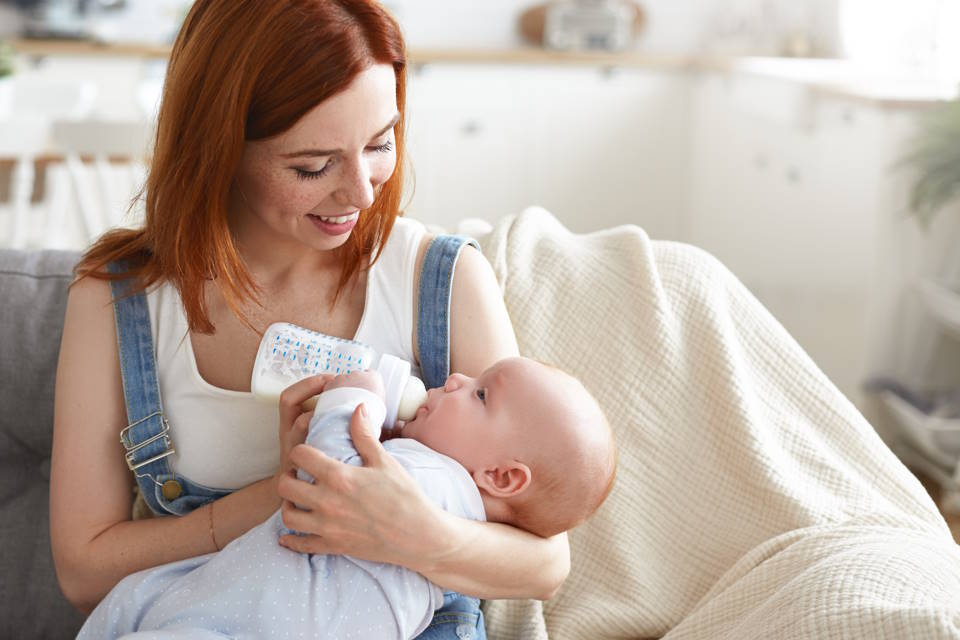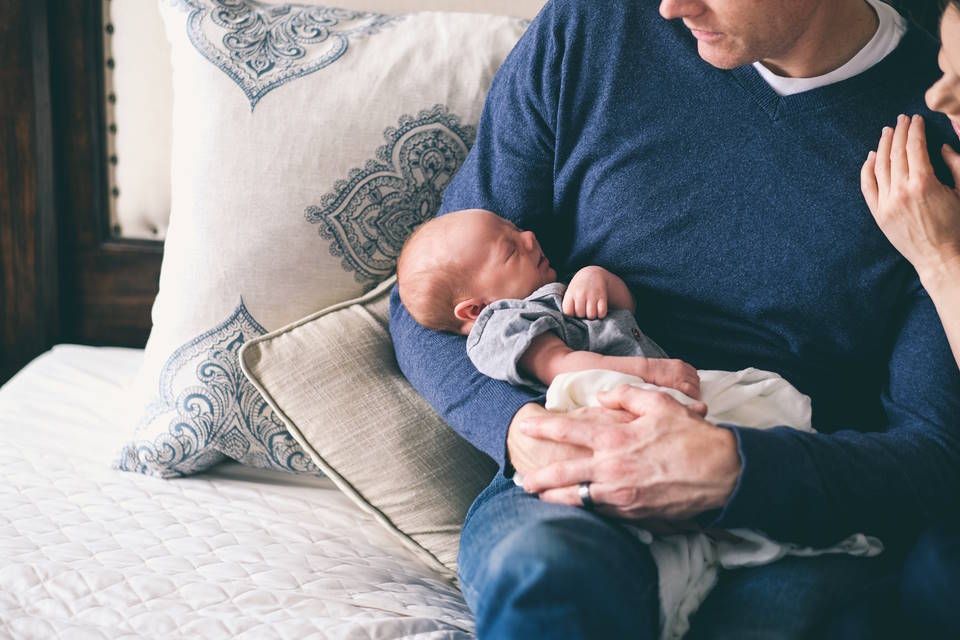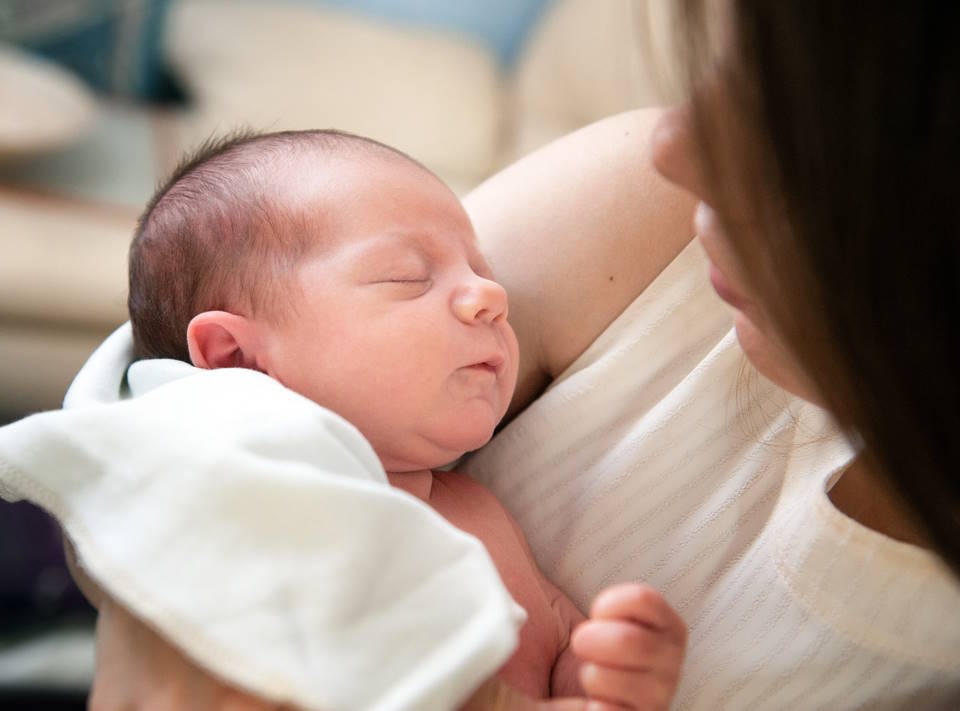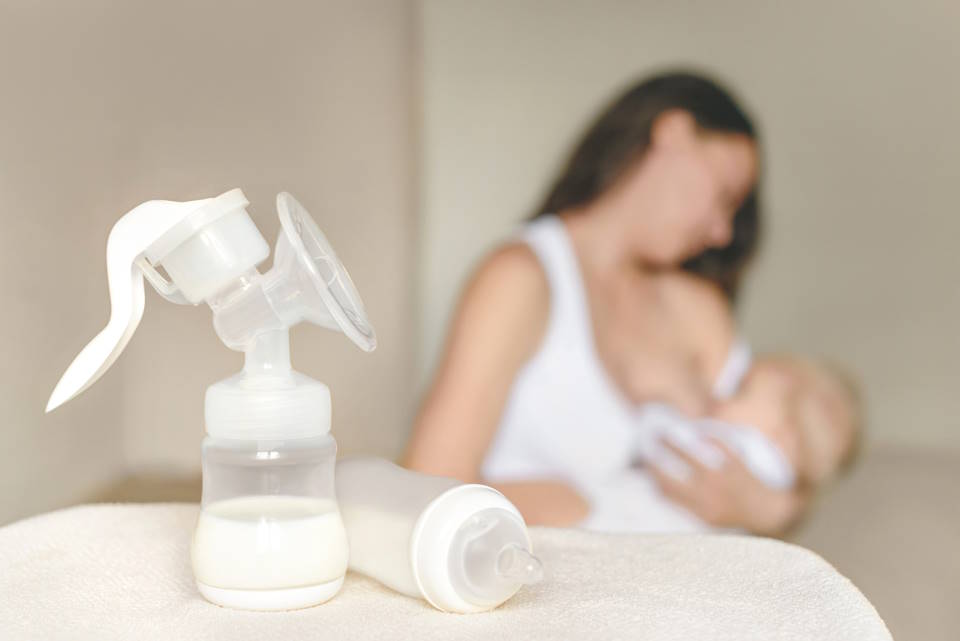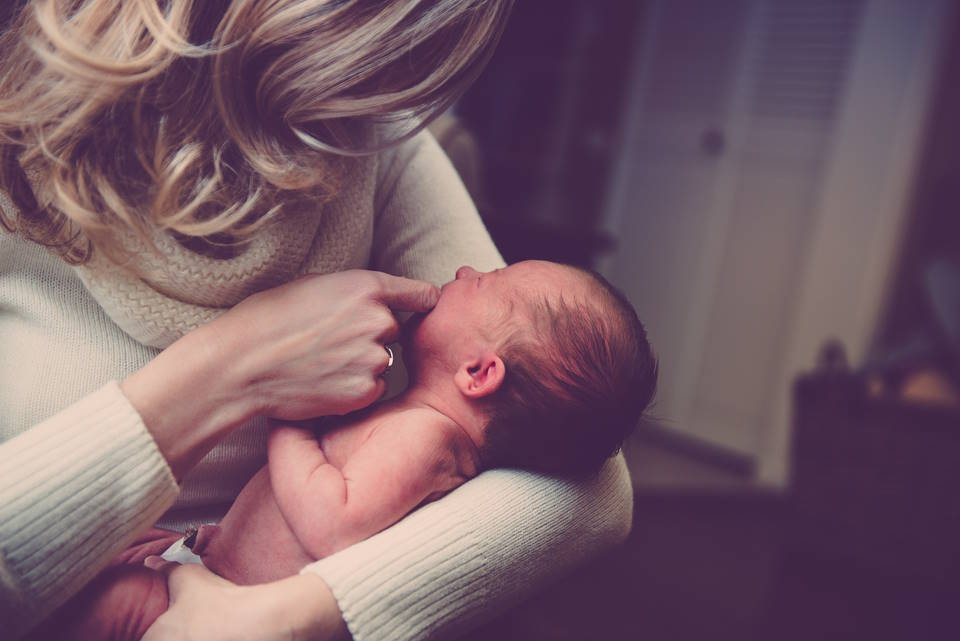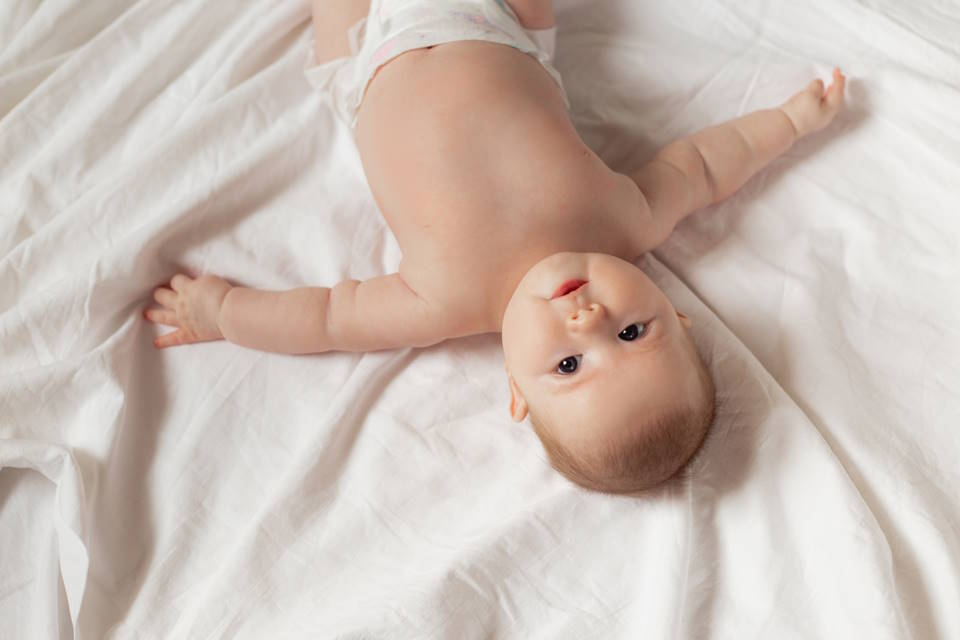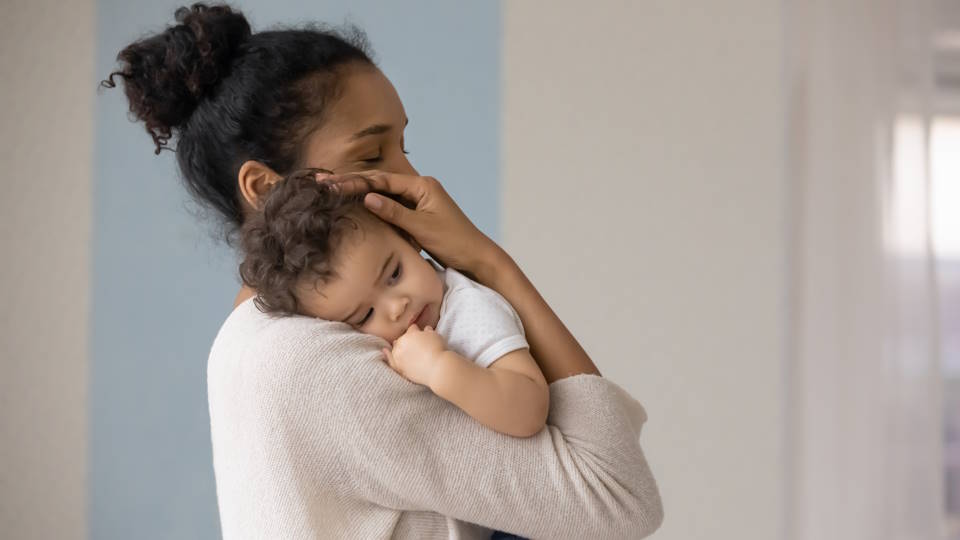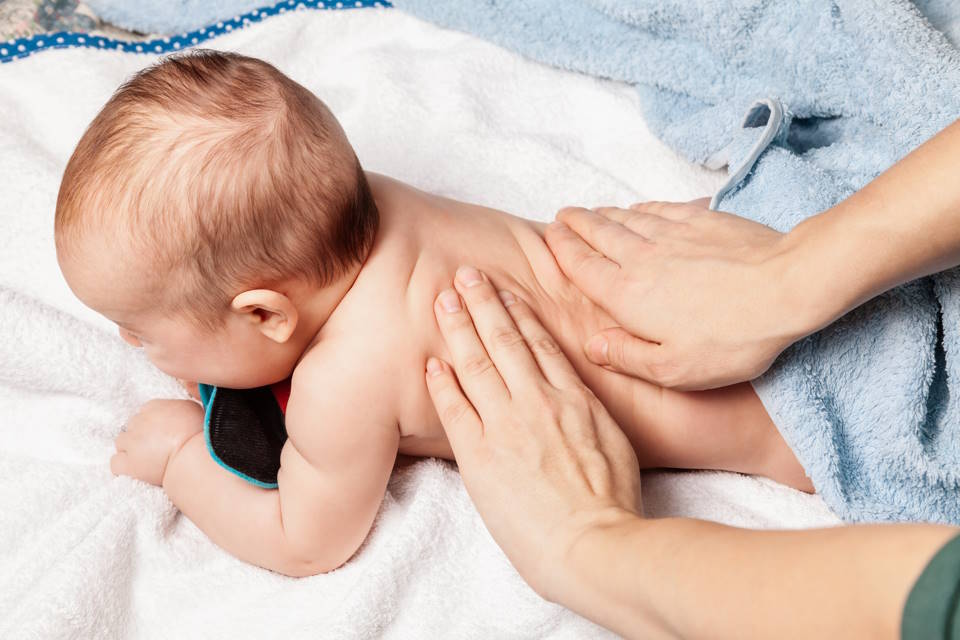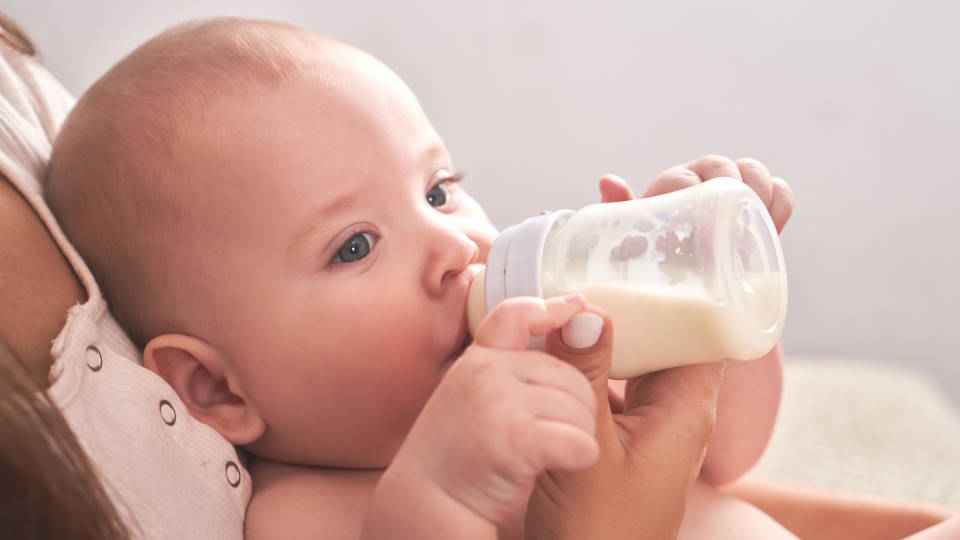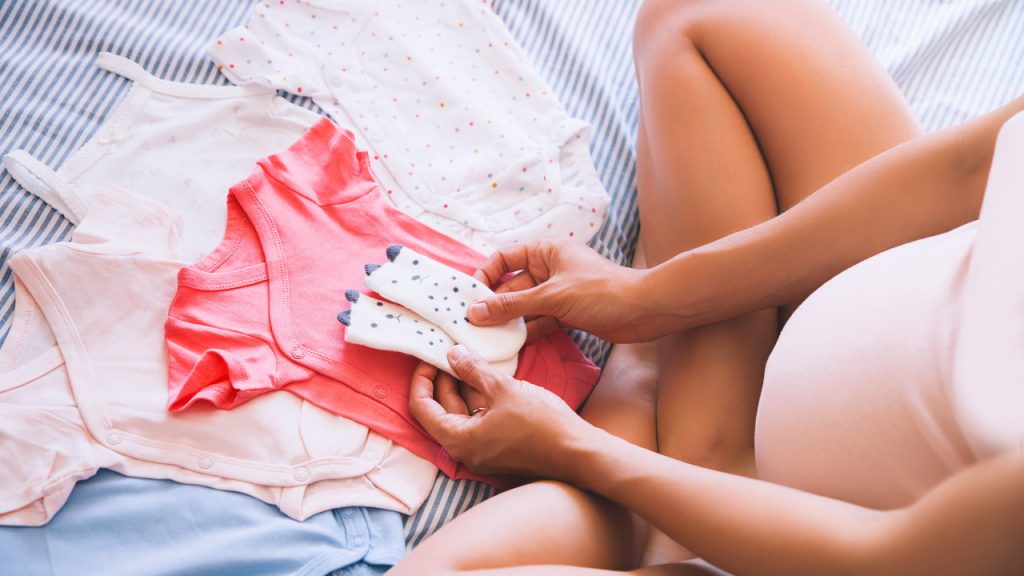As a new parent, it’s common to wonder whether it’s okay to put your baby to sleep without burping them. Burping helps to release air from your baby’s stomach that they may have swallowed while feeding. This excess air can cause discomfort and may even lead to spitting up. However, there are times when you may not be able to get your baby to burp, and you may find yourself wondering if it’s safe to let them go to sleep without it.
Firstly, it’s important to understand that every baby is different. Some babies may need to burp more frequently than others, while some may not even need to burp at all. If your baby falls asleep before you can burp them, don’t worry too much. There’s a good chance that they’ll still pass the gas naturally while they sleep. However, if you notice that your baby is uncomfortable or fussy, try to burp them before putting them to sleep.
If your baby is having trouble burping, there are a few things you can try to help them along:
- Hold your baby upright against your chest and pat their back gently.
- Try rubbing their back instead of patting it.
- Walk around with your baby or rock them gently in a chair.
| Tip: | If you’re breastfeeding, try switching breasts halfway through a feed. This can help your baby to burp more easily. |
Remember that it’s always better to be safe than sorry. If you’re unsure whether it’s okay to put your baby to sleep without burping, try to burp them first. If your baby seems uncomfortable, keep trying until you can get that burp out.
It’s generally okay to let your baby go to sleep without burping, as long as they’re comfortable. However, it’s always best to try to burp your baby before putting them to sleep whenever possible. If your baby is having difficulty burping, try some of the techniques mentioned above or speak to your doctor for advice.
What Happens if Baby Doesn’t Burp After Feeding?
As a new parent, you might have been told that burping your baby after feeding is important. But have you ever wondered what happens if your baby doesn’t burp after eating? Well, the answer depends on the situation.
If your baby seems content and is not showing any signs of discomfort after feeding, it is generally okay if they don’t burp. Some babies are just more efficient at getting the air out on their own. However, if your baby seems fussy, gassy or uncomfortable, then it might be a good idea to try burping them again.
When babies swallow air during feeding, it can get trapped in their stomach and cause discomfort or even pain. Burping helps to release this excess air and can prevent issues like colic, spit-up, and reflux. So, if your baby is showing any signs of discomfort, you should try to burp them to release any excess air.
Here are some tips to help make burping easier:
| Technique | Description |
|---|---|
| Patting | Hold your baby against your chest with one hand and pat their back gently with the other hand. |
| Rubbing | Hold your baby against your chest with one hand and rub their back gently with the other hand. |
| Over-the-shoulder | Hold your baby facing away from you with their chin supported by your shoulder and gently pat or rub their back. |
| Sitting | Sit your baby upright on your lap facing away from you and support their chest and head with one hand while gently patting or rubbing their back with the other hand. |
It is always a good idea to check with your pediatrician if you have any concerns abo ut your baby’s feeding or if they seem uncomfortable even after burping. Remember, every baby is different, and what works for one baby might not work for another.
Do Babies Get Hiccups if They Don’t Burp?
Burping a baby after feeding is important to release the gas that they might have swallowed while feeding. But what happens if a baby doesn’t burp after a feeding session? Do they get hiccups?
Firstly, it’s important to understand that not all babies need to burp after feeding. Some babies naturally release gas easily while others might not. So, if your baby doesn’t burp after feeding, it might not be a cause for concern.
However, for babies who tend to swallow a lot of air while feeding, not burping can lead to discomfort and hiccups. This happens because the air that they swallow needs to escape and can cause irritation to the diaphragm, leading to hiccups.
If your baby does get hiccups, don’t worry. Hiccups are a common occurrence in babies and are usually harmless. They tend to go away on their own after a few minutes or can be stopped by distracting the baby with other activities such as a diaper change or a short walk.
But if you want to prevent hiccups, try to burp your baby after every feeding session. There are different burping methods that you can try such as holding your baby upright and gently patting their back or sitting them on your lap and rubbing their back in a circular motion.
While not all babies might need to burp after feeding, those who tend to swallow a lot of air might get hiccups if they don’t burp. So, it’s recommended to try and burp your baby after every feeding session to prevent discomfort and hiccups.
How Can I Make My Baby Burp Faster?
As a new parent, burping your baby can be a challenge. The process of burping helps release the air trapped in their stomachs during feeding, preventing discomfort and spitting up. However, getting those burps out can be difficult, especially if your baby is particularly sleepy or fussy. So, how can you make your baby burp faster?
Here are some tips:
- Hold your baby upright
- Use gentle pressure
- Try different positions
Hold Your Baby Upright: One of the best positions for burping is holding your baby upright against your chest or shoulder. This position provides gentle pressure on their diaphragm and stomach, encouraging the release of air. Be sure to support your baby’s head and neck with your hand as you burp them.
Use Gentle Pressure: As you hold your baby upright, use gentle but firm pressure to stimulate their diaphragm and help release the air. You can pat or rub their back, or gently bounce them up and down to encourage the burp.
Try Different Positions: If holding your baby upright isn’t working, try different burping positions. You can lay your baby across your lap and gently rub or pat their back. You can also sit your baby on your lap, supporting their chest and head with one hand while you burp them with the other.
Remember, every baby is different, and what works for one may not work for another. Be patient and gentle as you try to get those burps out, and don’t stress too much if your baby doesn’t burp after every feeding. As they get older, they may not need to burp as often. Trust your instincts and do what feels right for you and your baby.
Why Do Breastfed Babies Not Burp?
When it comes to taking care of babies, parents want to ensure that they are doing everything correctly. One aspect that often puzzles first-time parents is the matter of burping. For moms who choose to exclusively breastfeed their little ones, it is not uncommon to wonder why their baby doesn’t burp as often or as easily as formula-fed babies. Let’s delve into the reasons why breastfed babies might not require burping as often or at all.
The first thing to note is that when babies nurse, they tend to swallow less air compared to when they are bottle-fed. This is because breast milk comes directly from the source without any added pressure, unlike with bottle-feeding where the force of the milk coming out can cause babies to gulp air along with the milk. Hence, breastfed babies tend to have less gas in their digestive systems, which means they produce less belching and gas as well.
Another reason why breastfed babies are less likely to burp is that the composition of breast milk itself is different from formula. It is more readily digestible by infants, so they don’t have to work as hard to move it through their digestive tract. This means they are less likely to experience discomfort from gas buildup, reducing the need for burping. Additionally, breast milk contains beneficial bacteria that help prevent colic and gas, which further reduces the need for burping.
That said, it is still important to burp your baby after nursing, even if they don’t appear to need it. Burping helps to release any trapped air, which can lead to discomfort and fussiness in babies. So, even if breastfed babies don’t need to burp as often, it is still a good idea to do it at least once in a while.
Why Is It Harder to Burp Babies at Night?
Parents who have taken care of a newborn can relate to the struggle of burping their baby at night. It seems like an impossible task since they are already sleepy and just want to go back to sleep. What makes it harder to burp babies at night?
The first reason is the position in which babies are fed during the night. Most parents feed their babies lying down or while holding them close to their chest. This position doesn’t allow the air to rise to the top of the stomach, which makes it harder for it to escape through a burp. Hence, babies tend to swallow more air, making it harder to burp them.
The second reason is the body’s natural relaxation response during sleep. The esophagus and stomach muscles relax during sleep, which makes it easier for the air to get trapped in the stomach. Also, the burping reflex is not as strong when the baby is in a relaxed state, which makes it harder to burp them.
So, what can parents do to make it easier to burp their babies at night? One option is to change the feeding position. Parents can try sitting up and holding their baby with their head higher than the rest of the body. This angle allows the air to rise to the top of the stomach, which makes it easier to burp the baby.
Another option is to burp the baby more frequently during the feeding. Parents can burp the baby after every ounce or half-ounce of formula or breast milk. This practice helps release the trapped air and reduce the amount of air swallowed.
Also, parents can use other techniques such as patting or rubbing their baby’s back or gently bouncing them on their lap. These techniques help to stimulate the burping reflex and release the trapped air in the stomach.
Can I Put Baby to Bed Straight After Feed?
As a new parent, you may wonder if it’s okay to put your baby to bed right after a feeding. While it may seem convenient, there are certain things to consider before making this decision.
Firstly, it’s important to note that burping your baby after a feeding helps to expel any air swallowed during the feeding process. If your baby doesn’t burp, the air can cause discomfort and may lead to colic, which can cause prolonged crying and sleepless nights for both you and your baby. However, not all babies need to be burped after every feeding. Some babies naturally expel air as they feed, while others may only need to be burped occasionally.
Another thing to consider is the risk of choking. If you put your baby to bed right after a feeding, any remaining milk in their mouth could potentially enter their lungs, leading to choking or even a serious respiratory infection. It’s best to wait at least 30 minutes after a feeding before putting your baby to bed to allow for proper digestion.
Lastly, putting your baby to bed immediately after a feeding can interfere with the establishment of a bedtime routine. It’s important to incorporate a consistent routine that includes feeding, burping, and then settling your baby to sleep. This helps your baby associate these activities with sleep and can help them develop healthy sleep habits as they grow.
It’s generally not recommended to put your baby to bed straight after a feeding. Burping your baby is important to prevent discomfort and colic, and waiting 30 minutes after a feeding can reduce the risk of choking. Establishing a consistent bedtime routine can also help your baby develop healthy sleep habits. Remember to always consult with your pediatrician if you have any concerns or questions about your baby’s feeding and sleeping habits.
How Do You Burp a Baby That Never Burps?
If you’re a new parent, one of the more challenging experiences can be learning how to burp your baby. A burp is simply the release of air that builds up in a baby’s stomach during feeding. While burping your baby is important in helping to prevent gas, fussiness and spit-up, what do you do when your baby seems to never burp? Here are some tips and techniques for how to burp a baby that never burps.
1. Change Feeding Position: If you are holding your baby in a position where their face and stomach are on the same level, try changing their position to a more upright one. This can help to release trapped air and make it easier for your baby to burp.
2. Pat or Rub Back: When burping your baby, gently pat or rub their back to help stimulate the release of gas. You can try a circular motion or straight up and down motion to help move any trapped air in your baby’s stomach.
3. Give It Time: Some babies simply don’t need to burp after every feeding. If you’ve tried everything and your baby still doesn’t burp, don’t worry. You can try again after a few minutes or wait until the next feeding.
In conclusion, learning how to burp a baby that never burps can be frustrating, but with some time, patience and different techniques, you can help relieve any discomfort your baby may be feeling. Remember that every baby is different, and what works for one may not work for another.


